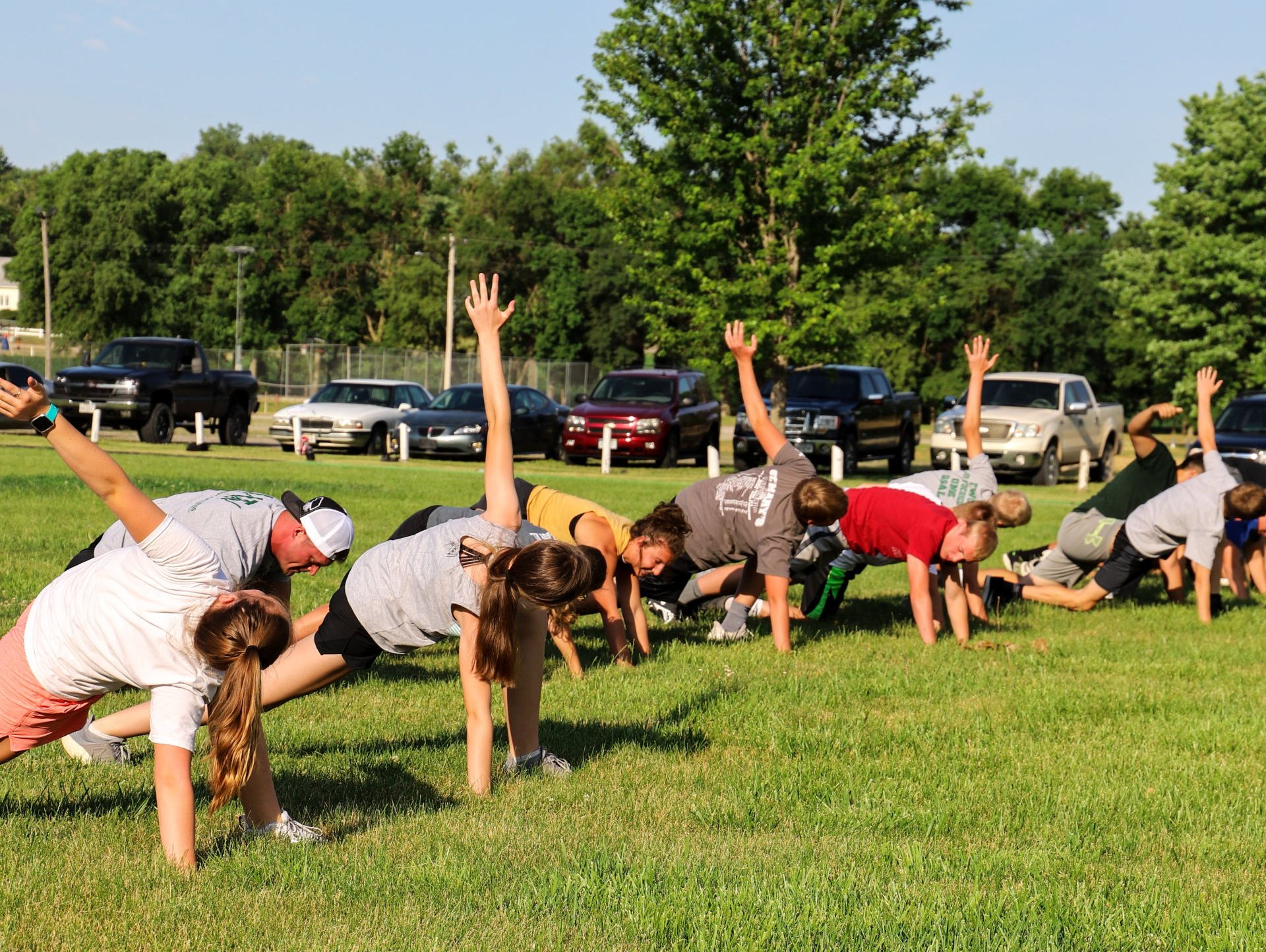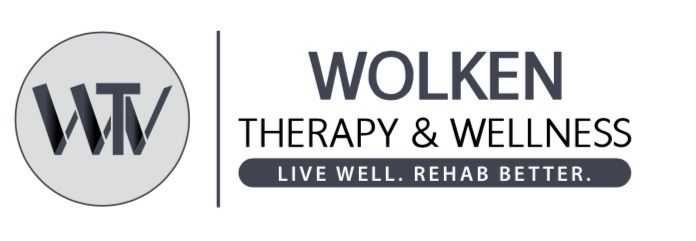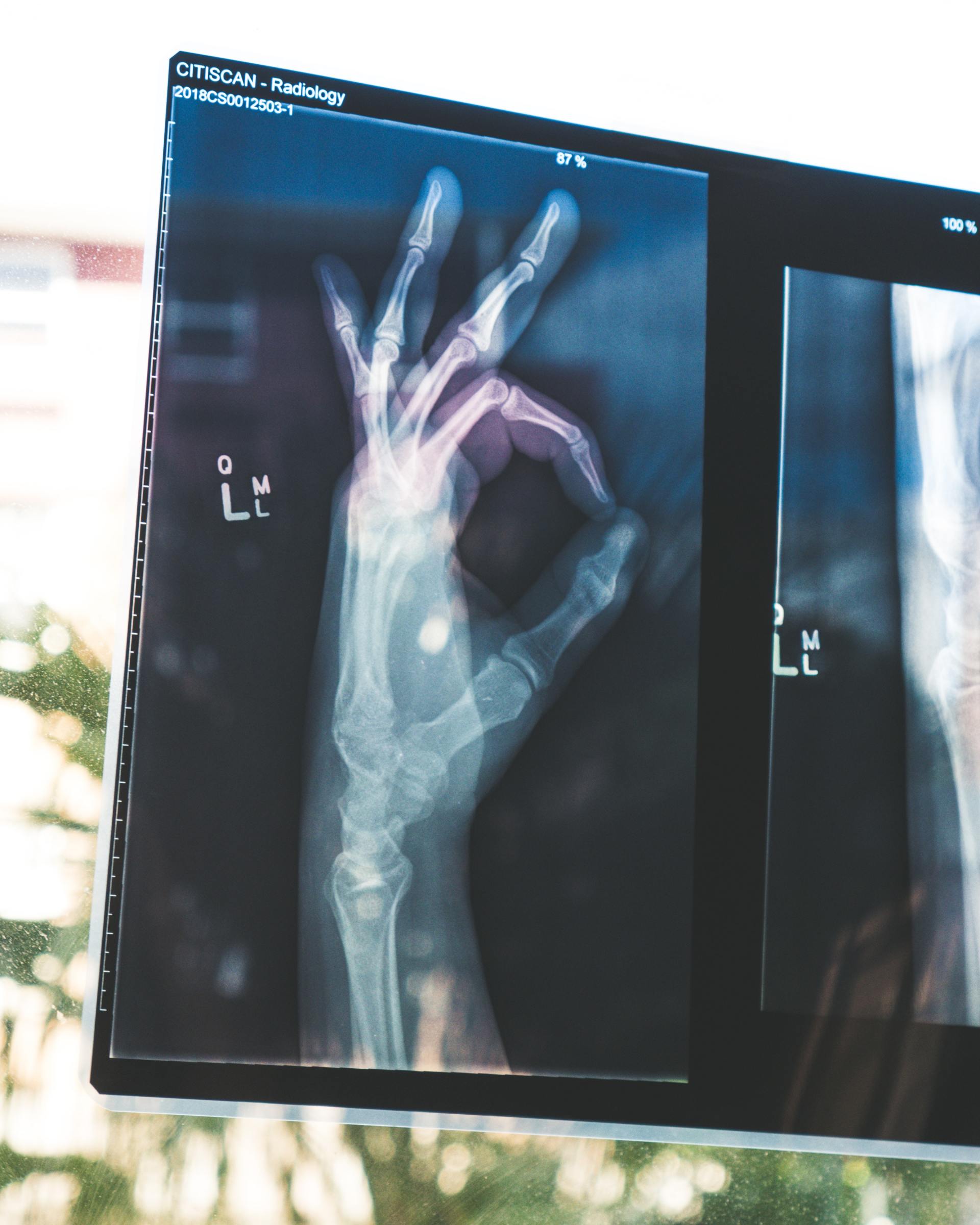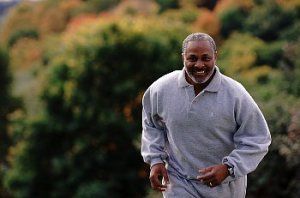312 N Oakland Ave | Oakland, NE 68045
212 Sunrise Drive | Clarkson, NE 68629
Oakland, NE
Clarkson, NE
Off-Season Training for Athletes
3 Key Strategies for Off-Season Training To Enhance Performance

Offseason sports training is a great time for an athlete to build strength and speed, but to also hone in on specific skills. Every athlete’s offseason may vary in length, or when it occurs, but knowing how to train through the offseason can help the athlete reach their full potential.
When I am training with an athlete, I like to break down the offseason into three timeframes.
The first part of the offseason I will use for recovery. A sports season can be a grueling length of time for an athlete, so I will use the first part of the offseason to recover from those injuries through active rest and specific recovery exercises.
Once an athlete has recovered from the season's injuries, I will move to the next phase: "Attack the Weaknesses". As a physical therapist, I try to find the athlete's weaknesses and deficiencies. My concern with this part of the offseason is becoming aware of these deficiencies, whether it be specific weakness in musculature groups, or detriments with specific movements. I will then focus on improving these weaknesses to try and create an overall better athlete.
When I get to the later parts of the offseason, training will then shift to focusing on a person's strengths. I train a person in their strengths to make this their superpower per se. Oftentimes, fixing a person's weakness will inherently improve their strengths, so I find it important to now train that area. As an athlete makes the transition into the preseason, coaches are now able to focus on training specific sport activities, and less on general training if the athlete has utilized the offseason appropriately. A physical therapist can help an athlete determine their strengths and weaknesses with specific tests.
When an athlete utilizes their offseason appropriately, it propels them into a successful sports season.

LIVE WELL.
REHAB BETTER.
Oakland
Hours
- Mon - Fri
- -
- Sat - Sun
- Closed



